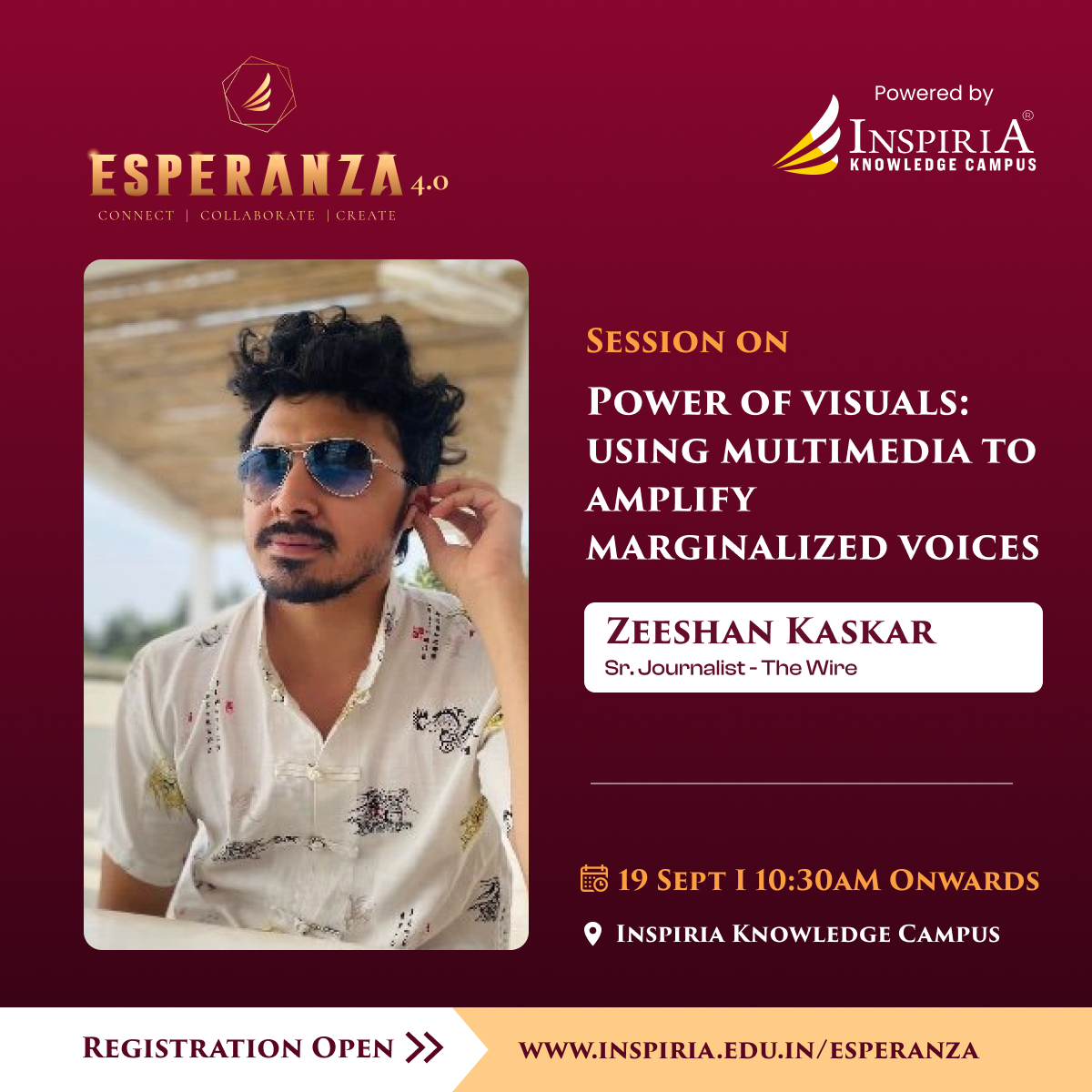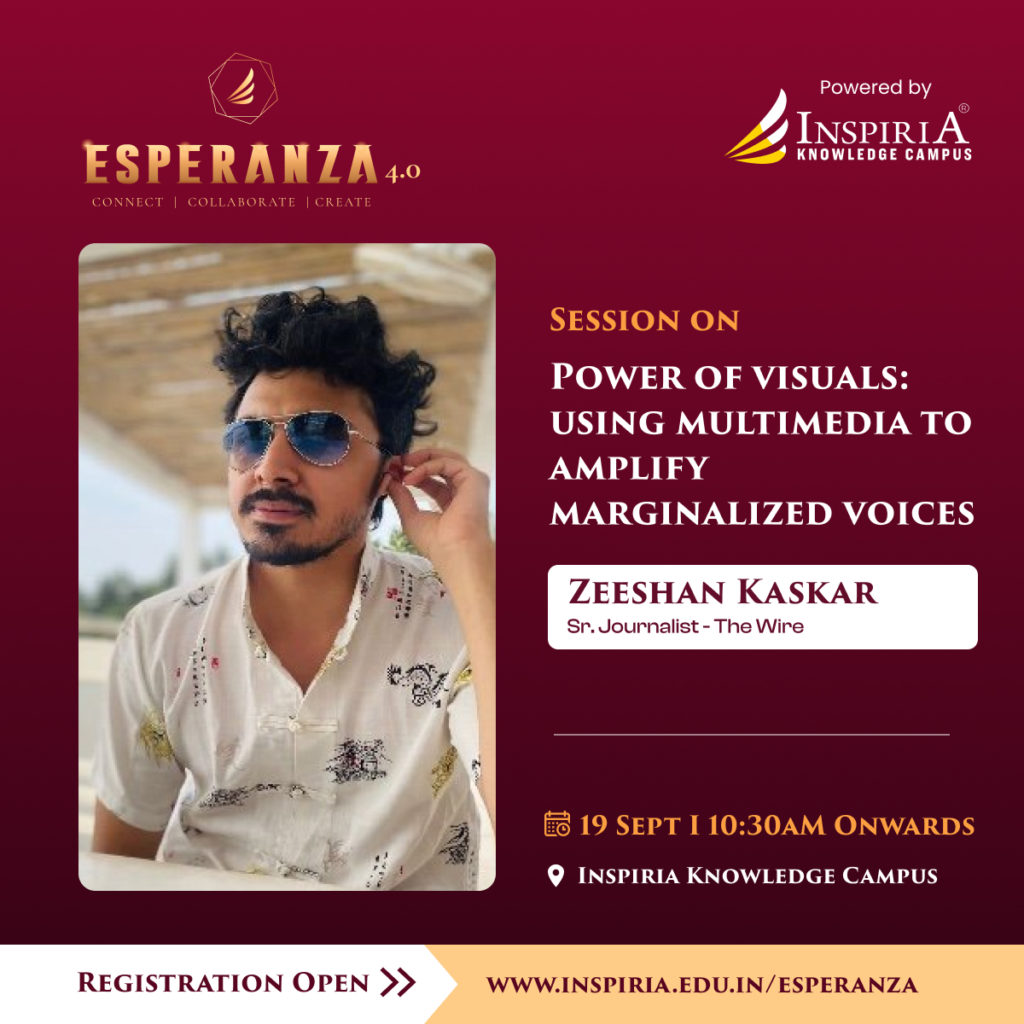Zeeshan Kaskar, a multimedia journalist at The Wire, has dedicated his career to harnessing the power of visuals to amplify marginalized voices. With a deep understanding of the democratic potential of digital media, Zeeshan leverages multimedia tools to bridge the gap between marginalized communities and the wider public.
During the Arab Spring, social media platforms like Facebook played a pivotal role in mobilizing people and spreading awareness. The Tahrir Square protests, which led to the overthrow of Egyptian President Hosni Mubarak, were largely organized on Facebook. Zeeshan notes that while social media has become increasingly controlled by governments and owners, its potential for social justice remains vast.
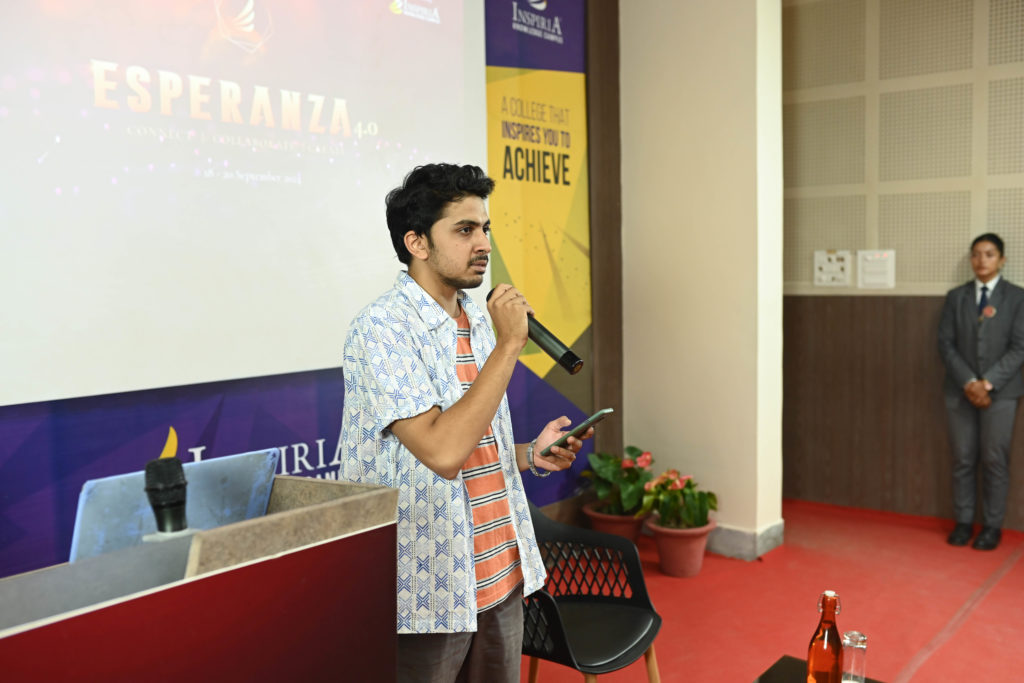
Zeeshan’s approach to storytelling emphasizes accessibility and simplicity. He believes that journalists have a duty to make information engaging and easy to understand, especially for those without basic education. By utilizing social media platforms, Zeeshan has successfully debunked fake news and brought critical issues to the forefront.
One notable example is his investigation into a fake news story spread by Haryana’s home minister. Zeeshan’s team traveled to the location, gathered evidence, and used social media to disseminate the truth. The story went viral, and major media outlets picked up the narrative.
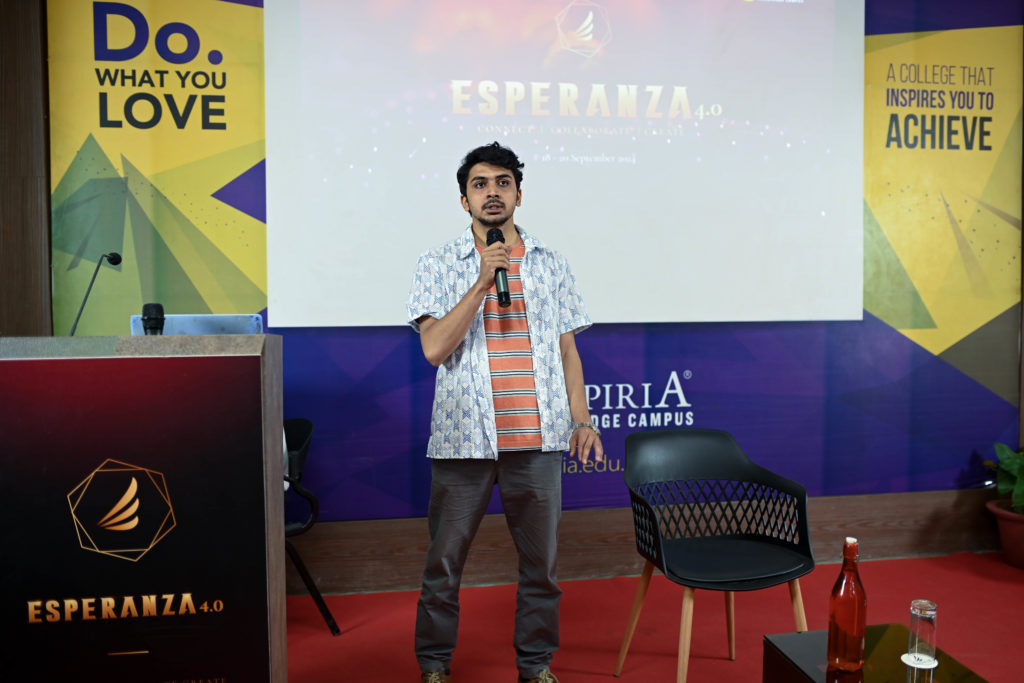
Zeeshan stresses the importance of spending time with marginalized communities to genuinely understand their struggles. He advocates for innovative storytelling methods to connect with diverse audiences.
In conclusion, Zeeshan Kaskar’s work embodies the transformative power of multimedia journalism. By harnessing social media’s potential, he amplifies marginalized voices and champions social justice.
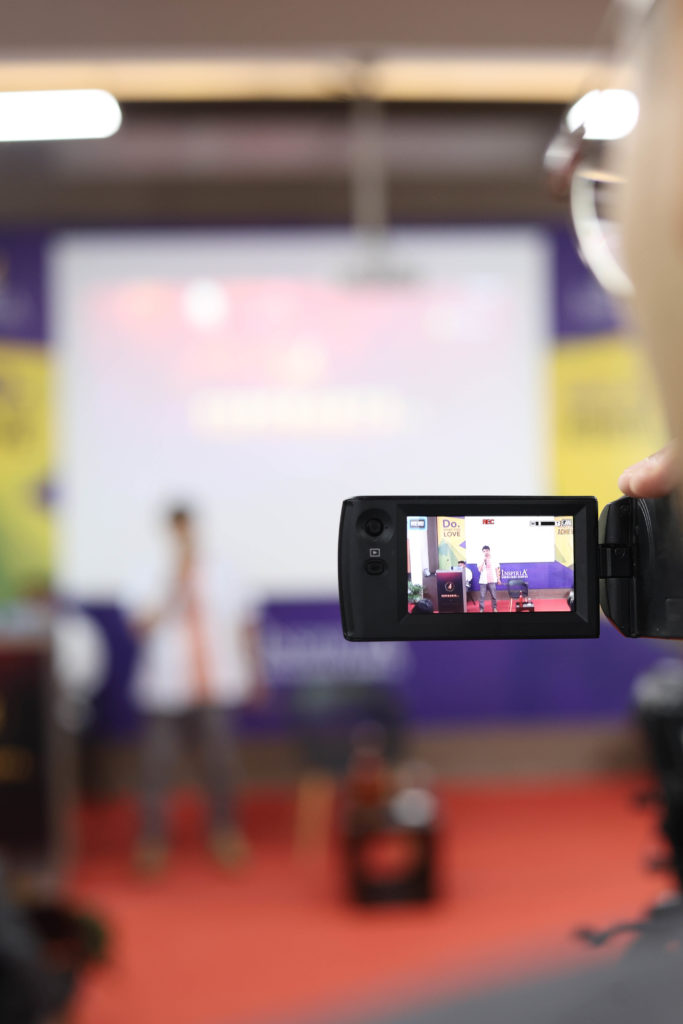
Author : Suwarna Thapa
